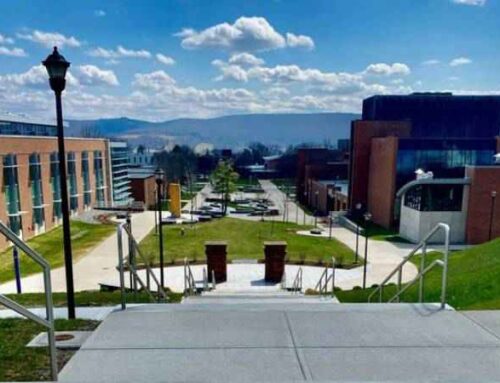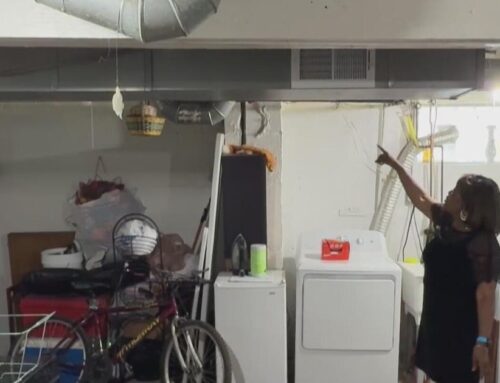Grid Operator PJM Rejects Accusations It’s Slow-Rolling Renewable Power
April 23, 2025
America’s largest power grid operator is hitting back hard over accusations that it has been slow-walking renewable energy projects.
PJM Interconnection isn’t a power company. However, as a nonprofit coordinating wholesale electricity movement as a grid operator, it plays a critical role in keeping the lights on across 13 states and the District of Columbia, serving more than 65 million people. It uses capacity auctions to receive commitments from electricity generators to cover future demand.
Auction prices skyrocketed 700 percent last summer due to soaring demand (fueled partly by giant data centers) and a decline in supply. The latter is driven by “net zero” policies that have resulted in large fossil-fuel power plants being taken off the grid.
Green energy advocates insist the best way to address the “supply and demand” challenge is to focus on wind and solar production.
Evergreen Collaborative (“leading the fight to put bold climate action at the top of America’s agenda”) is touting a Synapse Energy study blaming PJM for higher electricity prices. The study called for PJM to approve new energy generation and storage quickly, particularly for renewable projects.
“A broken approval process at PJM means that new energy processes across the Mid-Atlantic and Midwest region have been taking five years to get approval,” said Charles Harper, Evergreen’s senior power industry policy leader.
Twenty percent of America’s electricity comes from renewables: 10 percent from wind, 6 percent from hydro and 3 percent from solar. Evergreen’s study said reforms could expand the share of electricity from renewables to 31 percent by 2040. That would generate an additional 57 gigawatts of capacity and 117 GW of battery storage.
Pro-green-energy politicians in Maryland and New Jersey are pointing fingers at PJM, accusing the grid operator of creating bottlenecks in the interconnection process.
“We have a crisis on our hands, and PJM is standing in the way,” said New Jersey state Sen. Andrew Zwicker.
Both states have pledged to go “net zero” — no net carbon emissions from energy production — by 2035.
A PJM representative said green groups want to push an agenda instead of real policy solutions. “It’s an exercise in blame shifting that is not actually helping to solve the supply/demand challenge leading to higher prices for consumers,” said Jeffrey Shields, a senior manager at PJM Interconnection.
Take, for example, New Jersey’s “net zero” pledge. According to the Energy Information Administration, the state gets half of its total electricity generation from natural gas. Taking all that electricity offline and replacing it with renewables in a decade is a difficult — and expensive — challenge.
In Maryland, natural gas generates 41 percent of the state’s electricity.
PJM warned last year that between 24,000 and 58,000 megawatts of fossil-fuel energy production will likely be retired by 2030, with no immediate plans to replace it. At least 20,000 lost megawatts can be blamed on state and federal regulations.
A similar assessment came from the North American Electric Reliability Corp., the nonprofit overseeing bulk power transmission reliability. NERC warned that North America faced power grid challenges as thermal generators retired due to government rules.
PJM said the timeline is much shorter, at one to two years. “We have approximately 66 GW of projects left in the queue that will be processed this year and next,” said Shields. The timeline could be shorter due to a new partnership between PJM and Google and its artificial intelligence startup, Tapestry.
Federal regulators from both sides have expressed their confidence in PJM.
On April 17, FERC Chair Mark Christie, a Republican, said the criticism was misplaced and shifted the blame to state policies. “I just want to say that with regard to defending PJM and defending their staff who work very hard, and work in good faith,” he said.
Democratic commissioner member Willie Phillips, who was FERC chair during the Biden administration, agreed. “I think what you said was spot on and very well said.”
Search
RECENT PRESS RELEASES
Related Post



